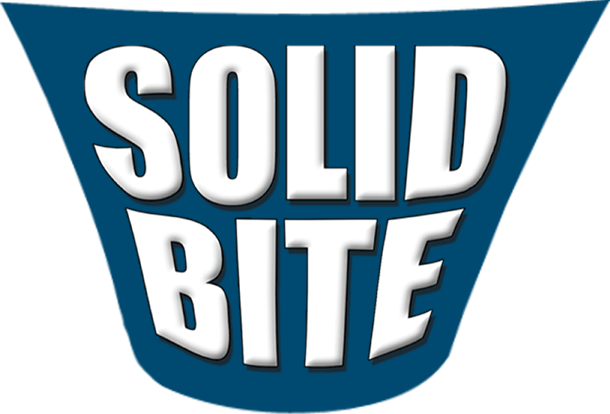TMD and dental problems: How bite adjustment helps
TMD is a dysfunction of the jaw joint, which is known as the TMJ (temporomandibular joint). You may not give your jaws much thought, but they are incredibly complex, capable of exerting tremendous force with precision movement. They are also capable of causing tremendous pain when they dysfunction.
When you bite down, it is a deliberate action; however, many jaw movements are subconscious. For example, you don’t have to make a conscious effort to avoid biting you tongue while chewing, because nerve signals automatically direct your muscles. Similarly, when you close your mouth, you don’t have to position your jaw. It naturally closes at the perfect angle for your upper and lower teeth to align – that is, when it functions correctly.
When things go wrong
In some ways, the human body isn’t too different from a sophisticated computer or machine. In life, automation can be a great timesaver, but when something automated malfunctions, the problem snowballs. A malfunction in your jaw joint has a similar effect. If there is even slight misalignment present, your nerves send out signals for the muscles to correct it. This results in perpetual strain, which can cause tenderness and pain in your jaws. However, it does not stop with your jaws. In fact, you may not even feel the pain in your jaws. Referred pain can be felt far from the source, usually manifesting as chronic, severe headaches.
Setting everything right again
TMD has several possible causes, usually related to some kind of injury or trauma that affected your bite. Because the symptoms are rarely identical in any two patients, the condition is easily overlooked by a physician. At Solid Bite TM in Melbourne, FL, we use specialized diagnostics for accurate treatment.
There is a variety of gentle, effective options for reliving the pain. In most cases, the long-term solution is bite adjustment. When your bite is corrected, there is no misalignment to trigger nerve signals. Therefore, your muscles can relax, stopping the chain reaction that causes TMD pain.
If you have been diagnosed with TMD, or you suffer from undiagnosed chronic pain, call (321) 622-2402 and schedule an appointment with Dr. Lee Sheldon.
Lee N. Sheldon, DMD




